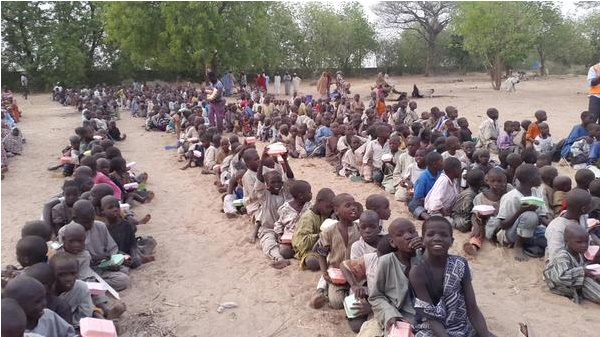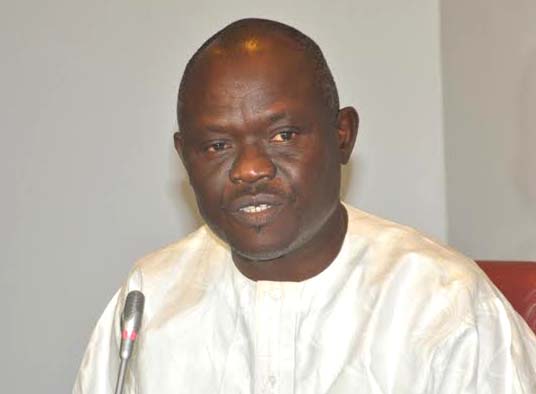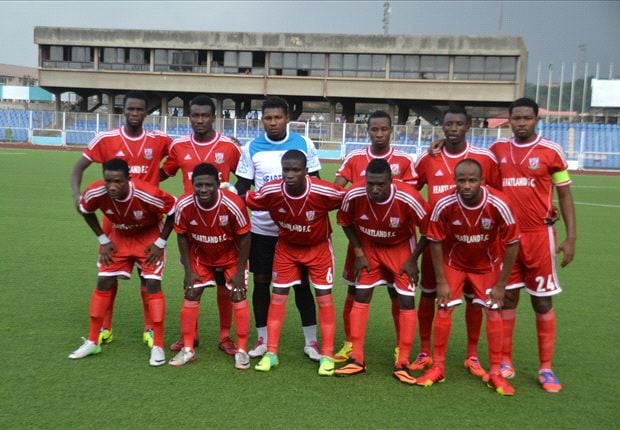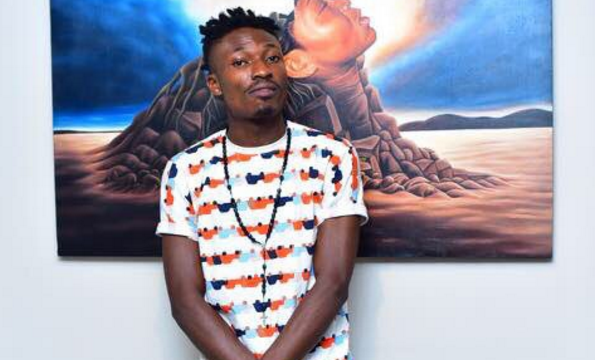Amnesty International, a human rights group, has called for the total abolition of death penalty in any form.
In the group’s global report on death sentences and executions in 2016, the body faulted the efficacy of Nigeria’s judicial system, saying a system that cannot guarantee justice should not take a life.
According to the report, Nigeria handed down 527 death sentences, ranking second in the world after China.
The report also showed that as of 2016, in sub-saharan Africa, Somalia had the highest number of executions, followed by Nigeria.
Advertisement
While stating its disapproval of the recent laws recommending death penalty for kidnappers in Lagos, Kano and Bauchi states, it argued that the law had not minimised the act, citing more kidnap cases being recorded.
“The danger of people being executed for crimes they may not have committed remains ever-present . Investigations show many death row inmates live in constant fear of execution in some Nigerian prisons,” Isa Sanusi, the group’s media manager, said.
It therefore called on the public to join it in its advocacy for the total abolishment of death penalty, globally.
Advertisement
“Amnesty international is calling on the Nigerian government to establish an official moratorium on executions with a view to abolishing the death penalty.
“For years, the federal government has claimed to have a voluntary or self-imposed moratorium, but executions have happened nonetheless, including those in December 2016. This demonstrates the urgency of formally establishing a moratorium.”
Speaking at the event, Collins Okeke, a member of a group known as Nigerian anti-death penalty coalition, said though the body had not been able to convince law firms in the country to abolish death penalty, they have got them to admit that death penalty is inhumane and degrading.
“Death penalty is a lazy way to punish crime, what is needed is to put in place a strong criminal justice system,” Okeke said.
Advertisement
“There are a lot of inefficiencies in our judicial system. We have a police system that is unequipped, a court system clothed with cases and judges who are overworked.”
Okeke alleged that there was lack of openness in the judicial system, adding that “if you do not fix the system, you cannot kill anybody under that system”.
On his part, Malachy Ugwummadu of Committee for the Defence of Human Rights (CDHR), said there is no empirical record showing a corresponding decrease in crime rates with the implementation of death penalty.
Ugwummadu said from the standpoint of life itself as a fundamental human right, if you cannot give it, you should not take it.
Advertisement
“A very important argument against capital punishment is that if a state, throug prosecution, has shown resentment as to the behaviour of its citizens, enough to attract death penalty, to what extent can the same state be justified for condescending to the same level of brutal murder of the said people, in trying to correct that societal practise?” Ugwummadu asked.
“If somebody has been accused of an offense which in the wisdom of the legislature of that community, attracts death penalty, a state that hopes to rise above that behaviour, must conceive and device ways other than committing the same offense in trying to correct that particular pattern of behaviour.”
Advertisement
He quoted Mahatma Ghandi, saying, “an eye for an eye only ends up making the whole world blind.”
In place of death sentences, the group proposed a life term period of community service for convicted persons, saying Nigerian prisons were not just over populated but underutilised.
Advertisement
Ugwummadu also suggested compensation for the families or victims of crime.
“We are not against justice or punishment for criminals. We actually want criminals to be punished. What we are saying is that killing is not a solution to the crime of killing.”
Advertisement
Add a comment







